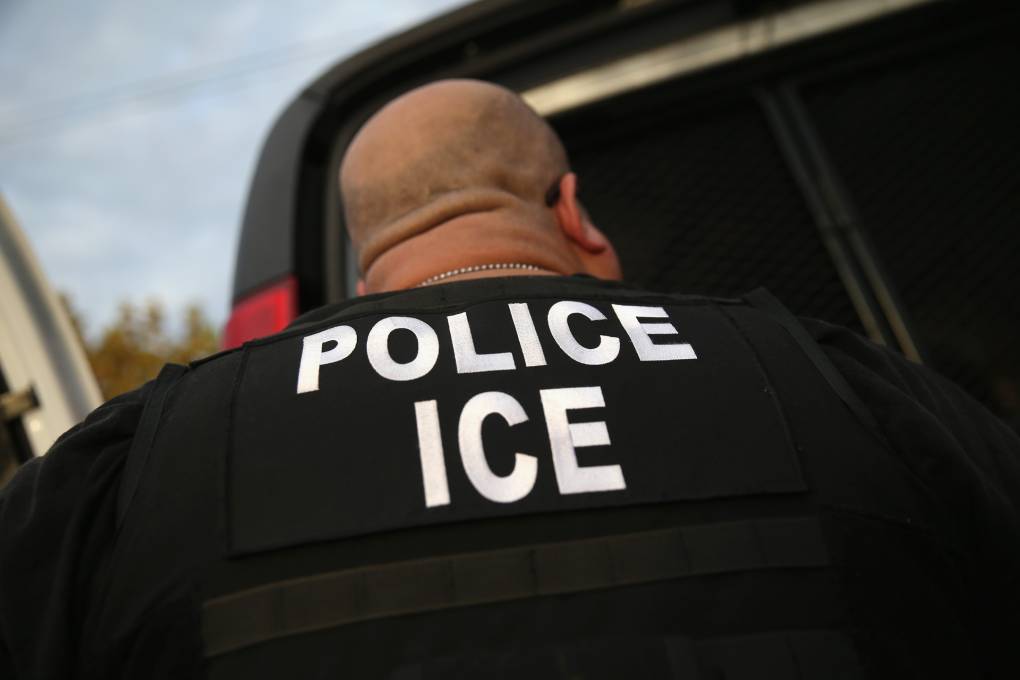In the Fox News interview, Carr also described East San José, where the ICE actions were happening, as an area known for violent gang activity.
Right-wing influencer Andy Ngo used a similar description of the area in a post on social media platform X on the same night as the KCBS reporting.
“The information put law enforcement officers at serious risk while an operation was ongoing targeting violent, criminal foreign nationals,” Ngo wrote.
In the following days, the radio station’s social media replies were flooded with criticism and calls for the station to lose its broadcasting license.
Posts with the initial reporting were not found on the station’s website as of Thursday afternoon. Neither KCBS nor its parent company, Audacy, responded to requests for comment.
Last year, Carr criticized his own commission for voting to approve part of Audacy’s bankruptcy reorganization plan that would involve the investment firm founded by billionaire George Soros, a donor to liberal causes and a lightning rod for the right wing. Soros Fund Management bought much of Audacy’s debt during the reorganization process, Bloomberg reported. This drew the ire of Carr and other conservatives, and Carr vowed to take another look at that decision after being tapped by Trump to lead the FCC.
The clashes with KCBS and its parent company are only the latest confrontations between President Trump’s FCC and media organizations.
Carr announced last week that the commission will also investigate NPR and PBS for possibly violating federal rules banning commercials.
Top officials at both organizations have pushed back against the claim, insisting that they are allowed to run sponsorship credits, which differ from commercials, and that they are diligent in following the long-established rules.
“We are confident any review of our programming and underwriting practices will confirm NPR’s adherence to these rules,” NPR President and CEO Katherine Maher said in a public statement.
Before becoming president for the second time, Trump sued CBS over its “60 Minutes” interview with then-Vice President Kamala Harris, accusing the company of interfering in the election through its editing of the interview. Last week, Carr demanded the full transcript of the interview, which the FCC released Wednesday.
Not all members of the current FCC agree with these actions.
“We cannot allow our licensing authority to be weaponized to curtail freedom of the press. The First Amendment is a pillar of American democracy, and our country needs a press free from interference from regulators like me,” FCC Commissioner Anna M. Gomez, who President Biden appointed, said in a statement.


